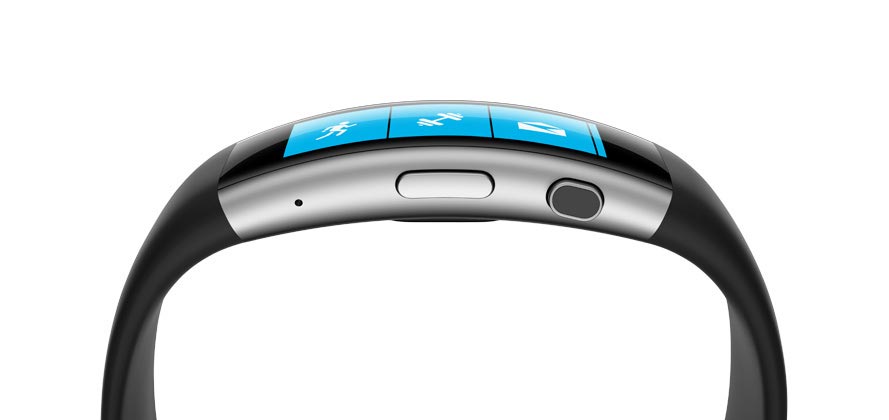Microsoft Band and Lumia: wearable crisis, or a secret Microsoft Surface strategy?

Microsoft may not be as elusive as Apple when it comes to product releases, but if we were going by common sense, Microsoft’s latest business decisions follow a method that, under the right light, makes a lot of sense, even when many seem to interpret all these occurrences (Lumia, Band), as a sign that Microsoft may be forfeiting its efforts as maker of wearable and mobile devices.
The truth, it seems, could very well be quite the opposite, as Microsoft’s latest trim from its product lines, Microsoft Band, may be an indicator of the company’s intent to ditch every hardware product that does not have “Surface” in the name.
In the wake of Lenovo’s CEO “talking down” Windows 10 mobile, it may appear that decisions concerning the downgrade of Windows 10 mobile devices may be warranted by a legitimate concern over “commitment issues” to the platform.
With that said, it’s certainly hard for Lenovo to publicly admit that the company is still sour about Microsoft releasing its own high-end ultraportable 2-in-1 in the form of Microsoft Surface Book, last year, especially in a market where laptop manufacturers are finding it a new level of competition every day, as the technology keeps changing and moving towards a much more refined experience that has introduced concepts like virtual assistants, voice commands, and even screencasting.
With regard to the Lumia brand, Microsoft has taken its sweet time in getting rid of a name that has never made complete sense in Microsoft’s grand scheme, especially as the Surface brand has grown into a central hub of all Microsoft hardware.
This means one thing: if Microsoft releases a new phone, it will have Surface in the name, or bust.
With reference to wearables, let’s have a look at the device Microsoft has just ditched: The Microsoft Band has very little “Microsoft” in it. For starters, it does not run Windows 10 IoT as it should, but Tizen, which is a version of Android built for smartwatches like the Samsung Galaxy Gear S2.
Band has been criticized from the beginning as a device with many flaws, from user experience to design, and comfort, with very few attempts to make it better, most likely for the same reason why Lumia phones were never worthy alternatives to the iPhone.
It’s easy to picture the kind of conversation Satya Nadella and Surface product chief Vineet Thuvara must have had in regard to both Lumia and Band, most likely hinging on the fact that Microsoft’s objective when building hardware products is to eliminate a brand fragmentation in the way of gaining consumers trust.
For any brand to thrive, there has to be continuity and an ecosystem that links every product. Currently there is no link between Microsoft Band, Lumia phones and, say, the Surface Pro 4.
By that token, Microsoft is a company that follows a different strategy than Apple or any other. It is a company that builds and designs first, and then improves upon itself. Based on this, will we see a “Surface Watch”, or “Surface Phone”? Perhaps, or perhaps not, but chances are that whatever Microsoft makes next, will run Windows 10, and will have tie into the Surface brand as well as the next Surface Pro or Surface Book.
Ready to shop?
If you are looking for the ultimate Windows 10 tablet, PortableOne has the best deals on Surface Pro 3 and Surface Pro 4, as well as a full range of accessories.